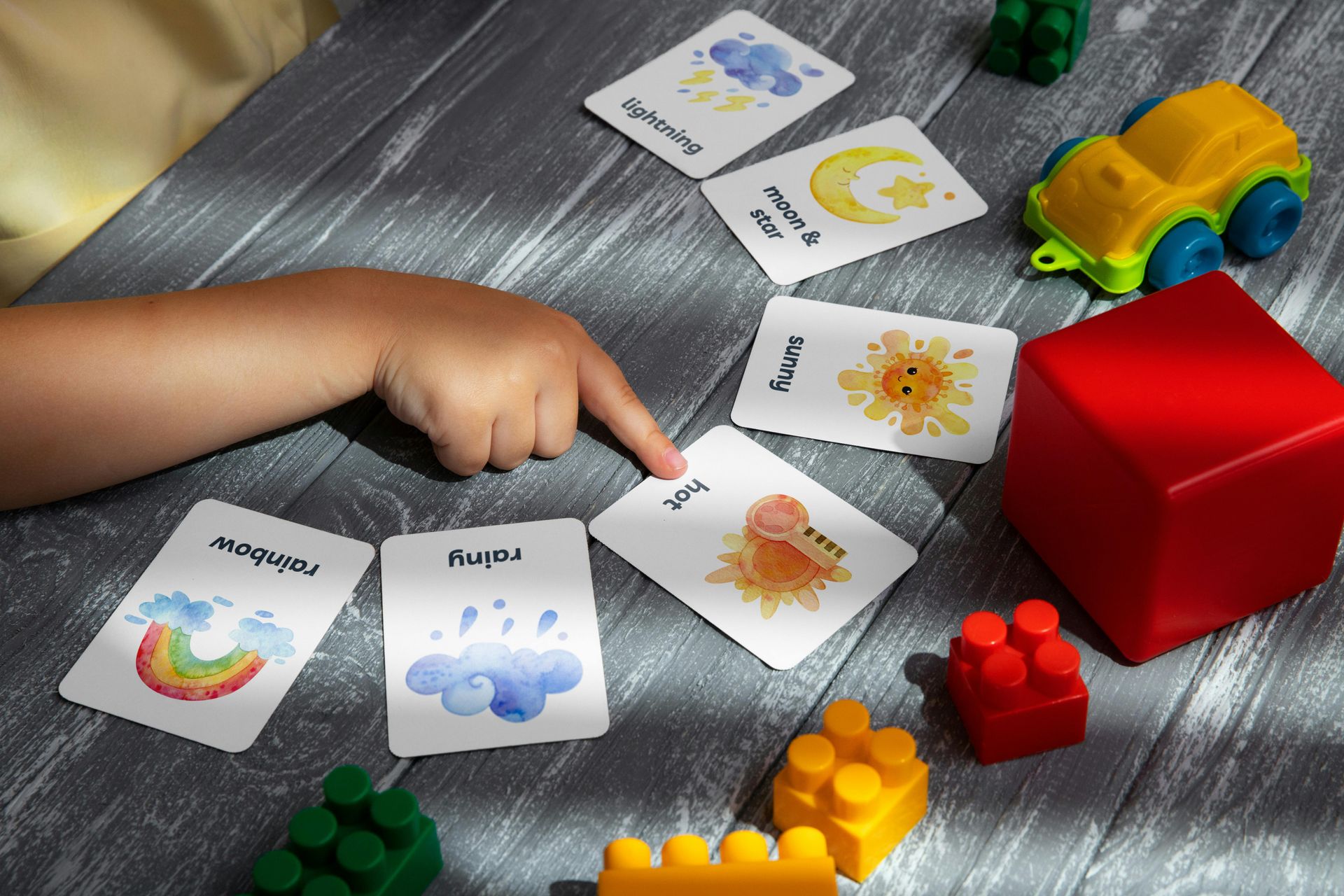Top Terms Surrounding ABA Therapy

ABA therapy can be a complex system and, for many parents of children with autism, it can feel like a whole new world with a language all its own. This article serves as a brief introduction to some of the most commonly used terms and acronyms in ABA.
- Applied Behavior Analysis (ABA) - If you’re here, you may already know a thing or two about ABA therapy. This kind of therapy seeks to understand how behaviors work and then apply that understanding to real-world scenarios in an attempt to increase desired behaviors and decrease undesired behaviors.
2. Board Certified Behavior Analyst (BCBA) - These are the professionals who can provide and/or coordinate ABA services. A BCBA may be assisted by a Registered Behavior Technician or RBT.
3. Antecedent - Event or circumstance that occurs just prior to a behavior. Antecedents help us better understand behavior.
4. Behavior - An observable, measurable action.
5. Consequence - Anything that occurs directly after a behavior, whether positive, negative, or neutral.
6. Functional Behavior Assessment (FBA) - A series of assessments that works to find the function or purpose of given target behaviors. The FBA is generally made up of direct observations by the BCBA, parent interviews, and the creation of an action plan (see next).
7. Behavior Intervention Plan - This is the plan of action or treatment plan which is informed by the results of the FBA. It will define target behaviors and their functions, goals, and strategies to be used.
8. Functional Communication Training - In this treatment, the child is taught to achieve the same function but through more appropriate behaviors.
9. Reinforcement - Any consequence that increases the likelihood of a behavior occurring again can be seen as a reinforcement.
10. Positive Reinforcement - Can refer to anything that is given or added to a situation in order to intentionally reinforce or increase the chances or frequency of a target behavior.
11. Intermittent Reinforcement - A type of reinforcement where the reinforcement is given for the target behavior only some of the time.
12. Extinction - Withholding reinforcement from a behavior in an attempt to phase it out. For example, if the FBA reveals that a child throws tantrums for the function of getting attention from a caregiver, then attention should be withheld. In time, the tantrums should decrease and stop all together.
13. Task Analysis - The breaking down of a skill into individual steps. These may be communicated to the learner in words or pictures. A task such as using the restroom might be broken down into a handful of steps or into dozens of steps, depending on the skill level of the learner.
14. Discrete Trial Training (DTT) - A very structured form of ABA therapy that involves breaking down a skill into its individual parts. The therapist works, using the child’s most favorable form of reinforcement, to help the child master each component.
15. Incidental Teaching - A more fluid more of training that follows the lead of the child rather than a predetermined program.










